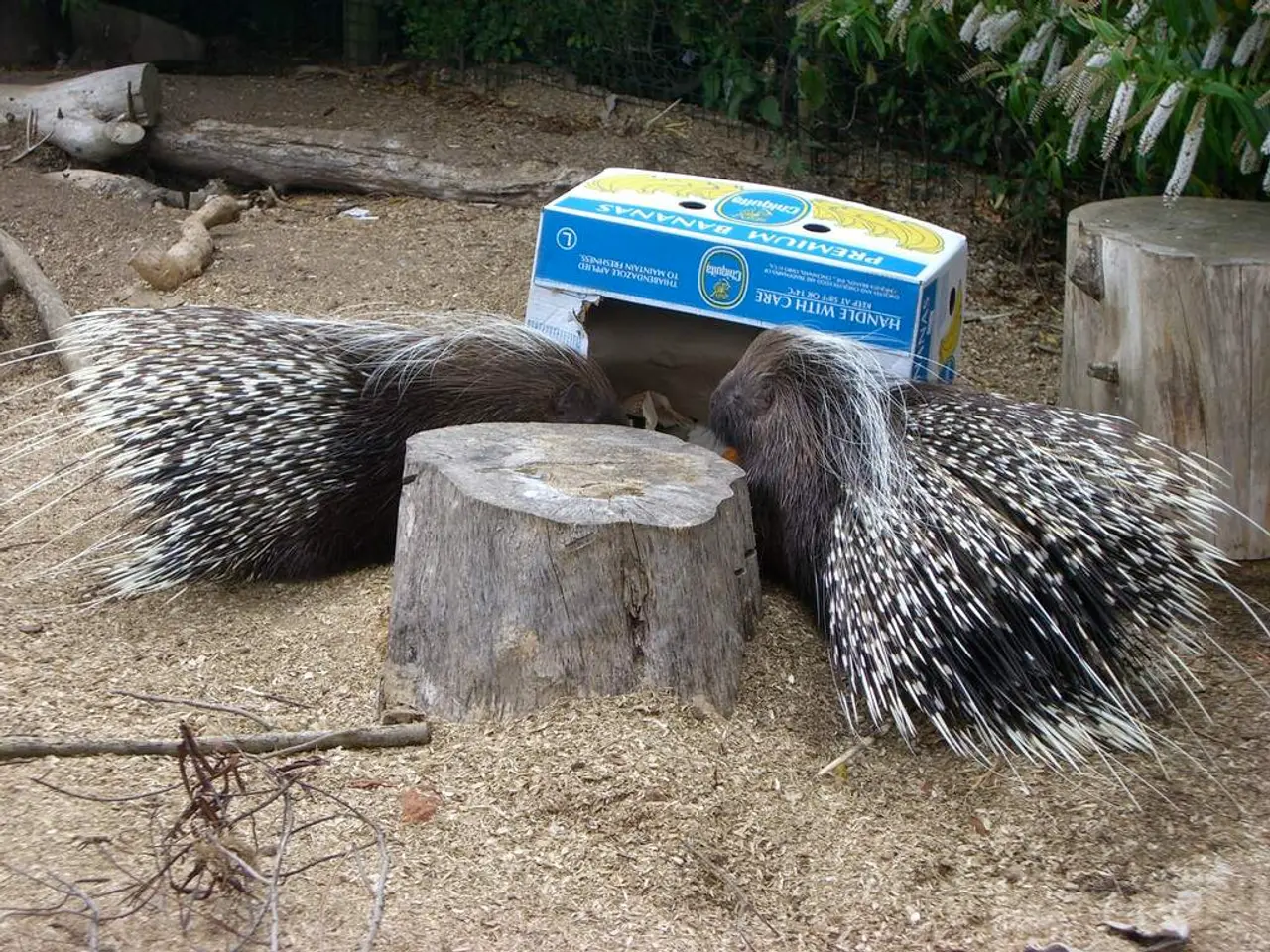Unspoiled Environments Big Benefit for Mental Health of Emerging Adults
Young adults aged 18 to 25 can reap numerous psychological benefits from spending time in nature, according to a recent review published in Emerging Adulthood (2025). This contact with the natural world provides mental rest, reduces stress, and improves various aspects of wellbeing during this critical life stage.
The review identified four core themes that explain why nature is so beneficial for young adults. Firstly, nature serves as a nonjudgmental space for self-reflection, offering young adults a temporary respite from societal expectations, allowing them to think about who they are and what matters to them.
Secondly, nature functions as a means for social connection. Participants in the study reported that nature helped them connect with others through shared activities or building social bonds.
Thirdly, nature provides psychological restoration. By offering an escape from the noise and stimulation of urban life, nature leads to experiences of mindfulness. Simple sensory details, such as the feel of fresh air or the sound of birdsong, played a significant role in these experiences of mindfulness.
Lastly, the review highlighted factors that influence whether young adults use nature to support their wellbeing. These factors include accessibility of green spaces, personal associations with nature from childhood, and a sense that nature feels like "home".
Most of the studies included in the review focused on students, limiting the generalizability to non-student populations. However, the findings suggest that natural environments offer a powerful source of emotional support during the transition into adulthood.
Participants often discovered the benefits of nature on their own, without professional guidance, indicating that nature-based wellbeing strategies can be intuitive and self-directed. Barriers to engaging with nature include lack of time, safety concerns, poorly maintained parks, and not feeling "outdoorsy".
Designing and promoting green spaces that are safe, welcoming, and located close to where young people live and study may encourage regular use. This could help address issues such as lack of time and safety concerns, making nature more accessible for young adults.
The review also highlighted the importance of gender-sensitive approaches to green space design. Female participants reported more guilt about taking breaks and greater safety concerns, suggesting that these factors should be considered when designing and promoting green spaces.
Contact with nature doesn't need to be intense or time-consuming to be beneficial; even small, everyday experiences can support mental health. Brief or passive experiences in green environments, like sitting on campus lawns or walking past trees, were linked to improved mood, reduced anxiety, and greater clarity of thought.
The role of natural environments in public wellbeing deserves more attention, especially among younger populations facing growing demand for mental health services. As our lives become increasingly urbanised, it is essential to recognise the importance of nature in promoting mental health and wellbeing for young adults during this critical life stage.
- The psychological benefits of spending time in nature for young adults are well documented in a recent study published in Emerging Adulthood (2025), demonstrating that it provides mental rest, reduces stress, and improves wellbeing.
- Nature serves as a nonjudgmental space for self-reflection for young adults, offering a temporary respite from societal expectations.
- Beyond personal introspection, nature also functions as a means for social connection, aiding in building relationships and fostering a sense of community.
- Nature provides psychological restoration by offering an escape from urban life and encouraging mindfulness, creating experiences of tranquility and clarity.
- The study underscores factors that influence young adults' use of nature as a support system, including accessibility, personal associations, and a sense of belonging.
- To make nature more accessible for young adults, there's a need to design and promote safe, welcoming, and close-by green spaces that cater to their needs, such as addressing concerns about safety and time limitations.




